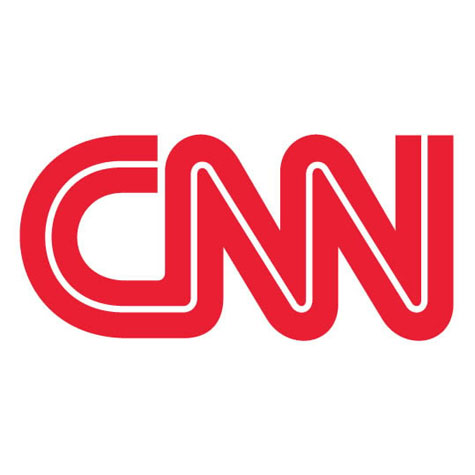Introduction
American politics, like many other Western civilizations, have been based on certain ideologies that have earned the voters attention and have prevailed in ensuring a place in the global politics. Nearly every American is proud of his political stance and fights a vigorous battle to win the power of implementing their ideology in the creation of American politics, whether domestic or foreign. However, no ideology has proven ideal in taking care of all society aspects.
Two-Party System
People have been making a certain distinction in the values that they think can make a proactive approach in governing. Even though every American would say that they are pro limitation in government, value individual freedom and support free market, there seems to be a significant distinction in the variations on liberalism that American politics are based upon.
These differences are based on how they approach these values and the different opinions on the best way to achieve them.
Two ideologies that have been the frontrunners in creation of American politics belong to the two of the largest political parties: The Republican Party and the Democratic Party.
These two parties have won every presidential election since 1852 and have made the US a two-party system. More about this party this was found many news channels. click here to watch cnn live .
Republican Party
The Republican Party or the Grand Old Party has started as a party that valued civil rights and had populist beliefs, but in the recent decades they have taken a more conservative stand and made religion and capitalism their core values.
Pros
- Republicans have always strived to maintain Government out of people’s lives.
- They want to put an end to illegal immigration.
- They ended slavery.
- They are strong about fiscal responsibility.
- Traditional family values.
Cons
- Having a more religious inclination, they have a conservative approach that can be deemed as bigoted, due to anti-gay attitude, against abortion rights.
- They seem to have an anti-science approach and push to change the education system with a theory of intelligent design.
- They use military force in the preservation of democracy.
- Universal health care does not take part in their agenda.
- They are in favor of using the death penalty.
- They value big corporations and dismiss the laborers.
- Oppose gun control.
- Opposing affirmative action.
The Democratic Party
This party is the oldest political party in the US and, just like the Republican, it has been through a major change. Initially, it started as a very conservative party, that was pro-slavery and now it this the party that values freedom and human rights above all else.
Pros
- They value secularism, or the separation of church and state.
- Put values in science and the theory of evolution.
- They are pro gay marriage and abortion rights
- Great support of Unions
- Officially against the death penalty and push for the rehabilitation of criminals.
- Propose that the rich higher taxes.
- They are against censorship of any kind.
- Favors gun control
- Favors affirmative action
Cons
- The poorest get more money than they deserve.
- Creation of too many Government jobs
- No illegal immigration politics
- No strong stance on opposing use of military force
Conclusion
As you might have noticed ideologies have certain strong points more or less make their way into actual policy. In practice, it is not that simple that every ideological aspect works.
For example, according to these points, one might expect that the Democrats would decrease laws regulating individual privacy and Republicans would increase them. In fact, these kinds of laws have been approved by both in the past decades. Or, the fact that the business sector would thrive more under Republicans, but such is not the case.
One thing that that is certain is the stance that Republican ideology favors the individual over the collective public, and Democrats favor the many over one individual.







Recent Comments